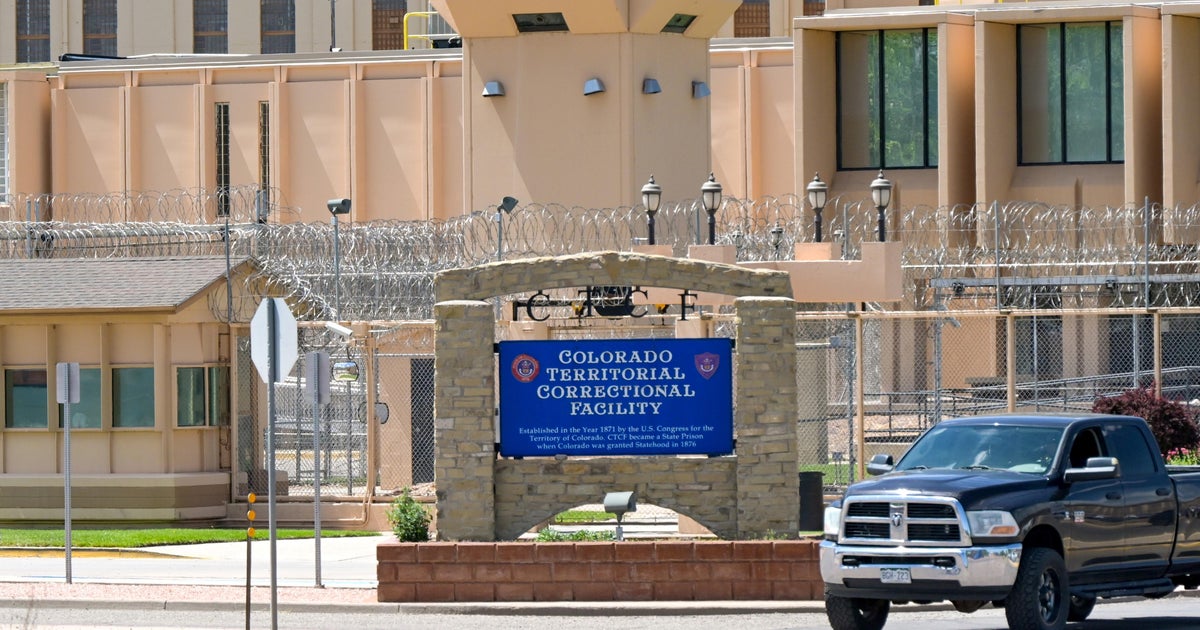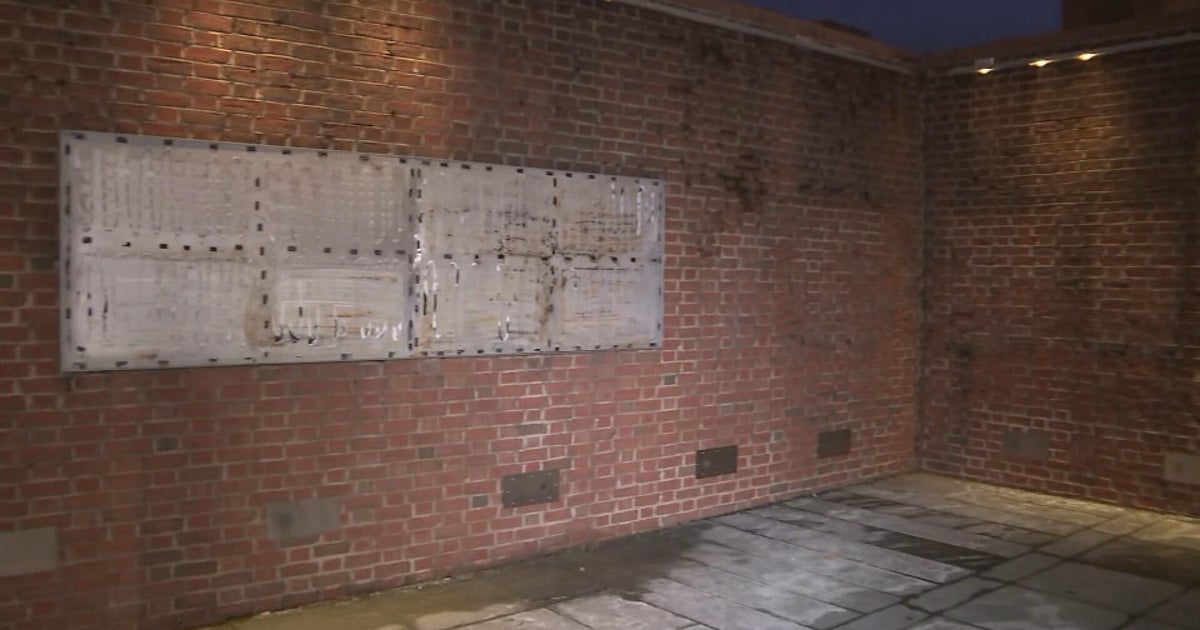Judge bars Trump administration from adding citizenship question to 2020 census
In a defeat for the Trump administration, a federal judge blocked the Commerce Department from adding a question on U.S. citizenship to the 2020 census. The case will likely be reviewed by the Supreme Court.
"Secretary Ross's decision to add a citizenship question to the 2020 census — even if it did not violate the Constitution itself — was unlawful for a multitude of independent reasons and must be set aside," U.S. District Court Judge Jess Furman wrote in a court filing made public Tuesday morning. "To conclude otherwise and let Secretary Ross's decision stand would undermine the proposition — central to the rule of law — that ours is a "government of laws, and not of men."
In his ruling, Judge Furman of the U.S. District Court for the Southern District of New York found that Commerce Secretary Wilbur Ross' decision to include a citizenship question in the 2020 census, unveiled in March 2018, could lead to "a significant reduction in self-response rates among noncitizen and Hispanic households" and to "hundreds of thousands — if not millions — of people" being uncounted by the census.
Furman added that the manner in which the change was rolled out violated the Administrative Procedure Act (APA), a federal statute.
Kelly Laco, a spokesperson for the Justice Department, said the agency was "disappointed" by the district court's ruling, arguing that a citizenship question has been included in previous federal questionnaires throughout American history.
"We are disappointed and are still reviewing the ruling. Secretary Ross, the only person with legal authority over the census, reasonably decided to reinstate a citizenship question on the 2020 census in response to the Department of Justice's request for better citizenship data, to protect voters against racial discrimination," Laco wrote in a statement Tuesday to CBS News.
When Ross announced that he was reinstating the citizenship question on the 2020 census questionnaire, he said it was in response to a request from the Justice Department for better citizenship data to assist in its enforcement of the landmark Voting Rights Act of 1965.
But critics believe the Commerce Department's proposal would lead to low response rates among immigrants and distort congressional apportionment to favor Republicans. They say both citizen and non-citizen immigrants would hesitate to answer the citizenship question, fearing reprisals from the Trump administration and its hardline immigration agenda. If these immigrants do not participate in the census, critics argue, they will not be counted for congressional apportionment — the process through which seats in the House of Representatives are distributed among states.
"Our voice in Congress lies in the balance," California's Secretary of State Alex Padilla told CBS News.
Padilla said the proposal would particularly affect diverse and populous states with many congressional seats like California. He said it's already difficult to encourage everybody, especially immigrants, to participate in the census, and that a citizenship question would make the task even more arduous.
"This is a thinly veiled attempt by the Trump administration to intimidate diverse communities from participating," he added.
Padilla dismissed Ross' premise that the change is designed to better equip the federal government to enforce voting rights. "It's absolutely laughable to think that the Trump administration is interested in protecting voting rights for communities of color," he said. "Every other action by their administration relative to voting rights has been hostile."
The Trump administration is expected to appeal the district court's decision to a circuit court, and ultimately, to the Supreme Court — where a conservative-leaning bench could rule in its favor.
The high court has already agreed to review a case centered on what evidence can be considered for the several lawsuits against the administration and whether Ross can be questioned under oath by the plaintiffs' lawyers.
In addition to the case in New York, five more lawsuits were filed by several states and cities which oppose the inclusion of a citizenship question in the census.
Paula Reid and Zachary Hudak contributed to this report.




